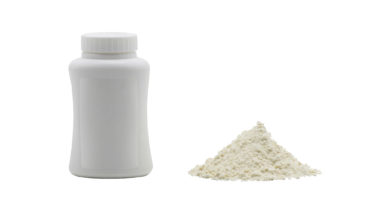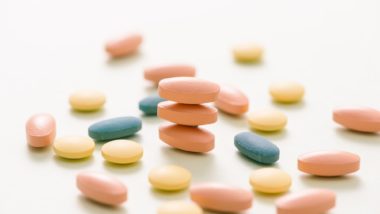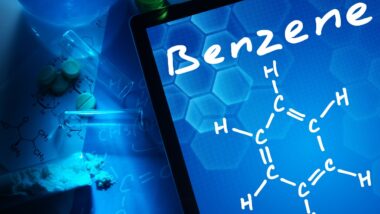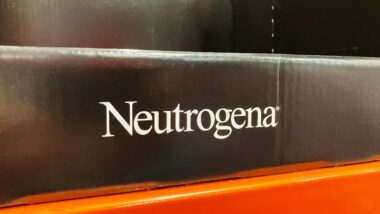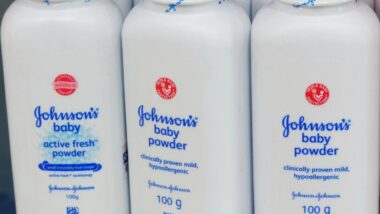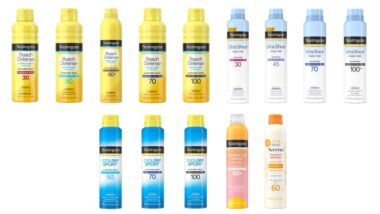Top Class Actions’s website and social media posts use affiliate links. If you make a purchase using such links, we may receive a commission, but it will not result in any additional charges to you. Please review our Affiliate Link Disclosure for more information.
The U.S. Food and Drug Administration (FDA) recently announced new guidance on cancer-causing impurities found in medications, aiming to curb recent recalls, such as the Zantac cancer recall.
In September, the FDA released a 24-page document containing recommendations to manufacturers surrounding risk assessments, testing, and other actions to reduce and mitigate nitrosamine impurities in medications.
Nitrosamine impurities such as N-nitrosodimethylamine (NDMA) have been found in active pharmaceutical ingredients (APIs) and medications. Unfortunately, these impurities are carcinogens, meaning that repeated exposure to these contaminants may increase a patient’s risk of developing cancer in the future.
According to the FDA, the presence of NDMA and other nitrosamines may be linked to amines used during pharmaceutical manufacturing processes. These chemicals may be used as reagents or catalysts but can also form as an unintentional result of chemical processes.
Although some of the issues may be unavoidable, the FDA notes that poor reaction planning, insufficient decontamination, and other failures by API and drug manufacturers could be to blame for end-product contamination.
“Because nitrosamines are probable or possible human carcinogens, FDA recommends that manufacturers consider the potential causes of nitrosamine formation described in this guidance as well as any other pathways observed and evaluate the risk for nitrosamine contamination or formation in their APIs and drug products,” the agency’s cancer-causing impurities guidance says.
Unlike other FDA guidance which goes through public discussion before implementation, the agency’s recent guidance on cancer-causing impurities did not go through that process. According to the FDA, public participation is not feasible or appropriate due to the “importance of providing timely information to manufacturers.”
 Cancer-Causing Impurities in Medications
Cancer-Causing Impurities in Medications
Cancer-causing impurities such as NDMA have been prominently featured in the news after numerous medications were recalled due to contamination.
NDMA first entered the legal news scene in 2018 when valsartan – a blood pressure medication – was found to contain NDMA. Over the course of several months, other angiotensin II receptor blockers (ARBs) were also found to contain this impurity. In December 2019, metformin – a widely taken diabetes medication – was recalled for similar cancer-causing impurities.
In April, the FDA requested that drug manufacturers recall all lots of Zantac and generic ranitidine products after these over-the-counter acid reflux medications were found to contain NDMA. The issue was first discovered in summer 2019 when further lots of ranitidine tested positive for contaminants. By taking all ranitidine products off the market, the FDA aimed to assure the medication purchased by consumers was safe.
“We didn’t observe unacceptable levels of NDMA in many of the samples that we tested,” said Janet Woodcock, director of the FDA’s Center for Drug Evaluation and Research, in a news release. “However, since we don’t know how or for how long the product might have been stored, we decided that it should not be available to consumers and patients unless its quality can be assured.”
Many lots of ranitidine and other related medications, such as nizatidine, were recalled after the products were found to contain unacceptable levels of NDMA. Although trace amounts of the cancer-causing impurities may be permitted, the FDA requires that medications not exceed the acceptable daily limit of 96 nanograms per day. This amount of contamination is considered acceptable because there is a negligible risk of cancer.
Despite recent actions from the FDA to minimize cancer-causing impurities such as NDMA in medications, consumers may have taken contaminated Zantac in the past. Because of this, some consumers have taken legal action. Pfizer, Sanofi, and other pharmaceutical companies have faced lawsuits from consumers who say that they should have been warned about the NDMA contamination and the risk for cancer.
Join a Free Zantac Cancer Lawsuit Investigation
If you or a loved one was diagnosed with stomach cancer or bladder cancer after taking Zantac or another ranitidine medication, you may qualify to join this Zantac cancer lawsuit investigation. Learn more by filling out the form on this page for a free case evaluation by a Zantac cancer injury lawyer.
ATTORNEY ADVERTISING
Top Class Actions is a Proud Member of the American Bar Association
LEGAL INFORMATION IS NOT LEGAL ADVICE
Top Class Actions Legal Statement
©2008 – 2024 Top Class Actions® LLC
Various Trademarks held by their respective owners
This website is not intended for viewing or usage by European Union citizens.
Get Help – It’s Free
Join a Free Zantac Cancer Lawsuit Investigation
If you qualify, an attorney will contact you to discuss the details of your potential case at no charge to you.
PLEASE NOTE: If you want to participate in this investigation, it is imperative that you reply to the law firm if they call or email you. Failing to do so may result in you not getting signed up as a client or getting you dropped as a client.
E-mail any problems with this form to:
Questions@TopClassActions.com.

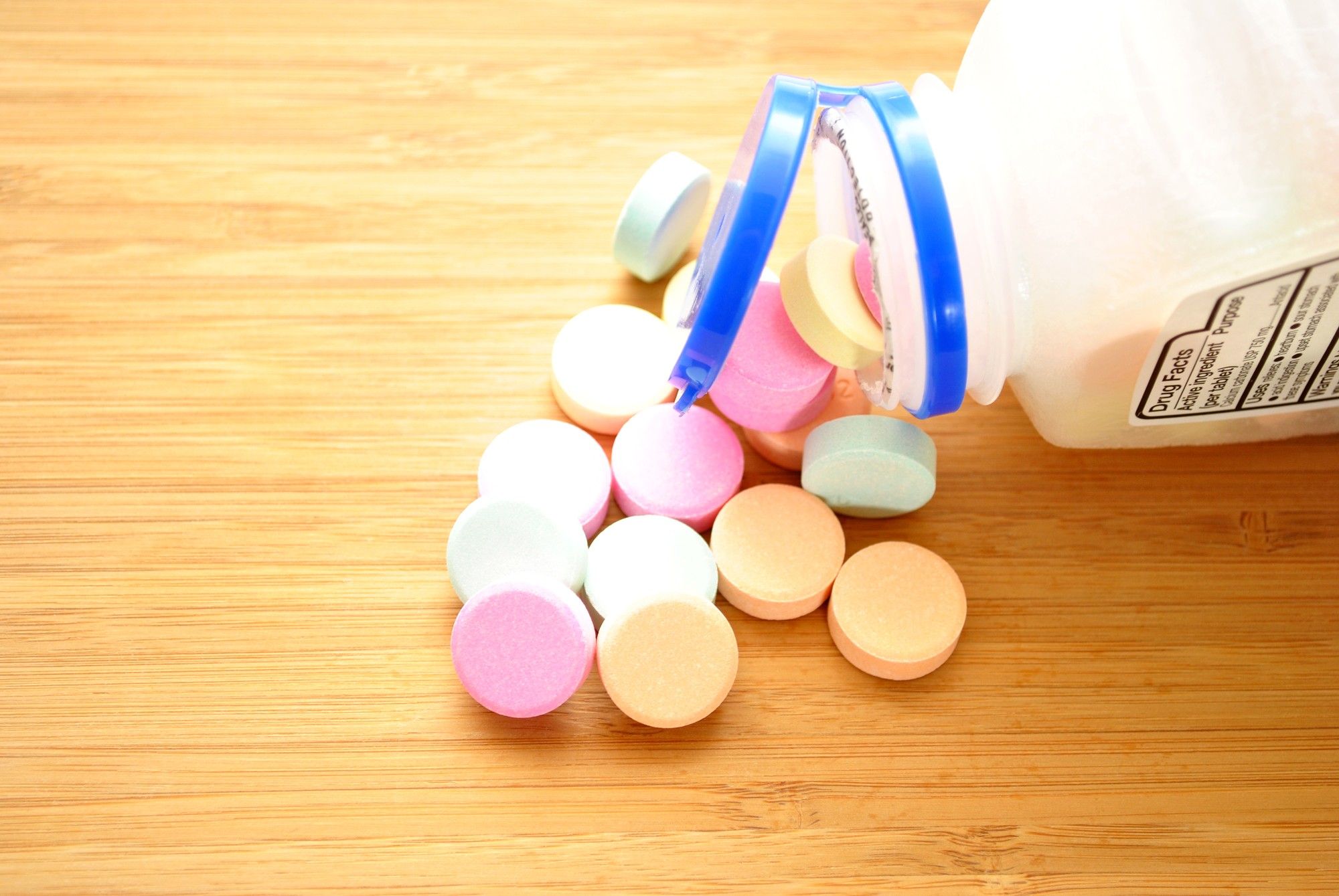
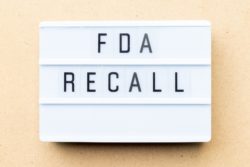 Cancer-Causing Impurities in Medications
Cancer-Causing Impurities in Medications